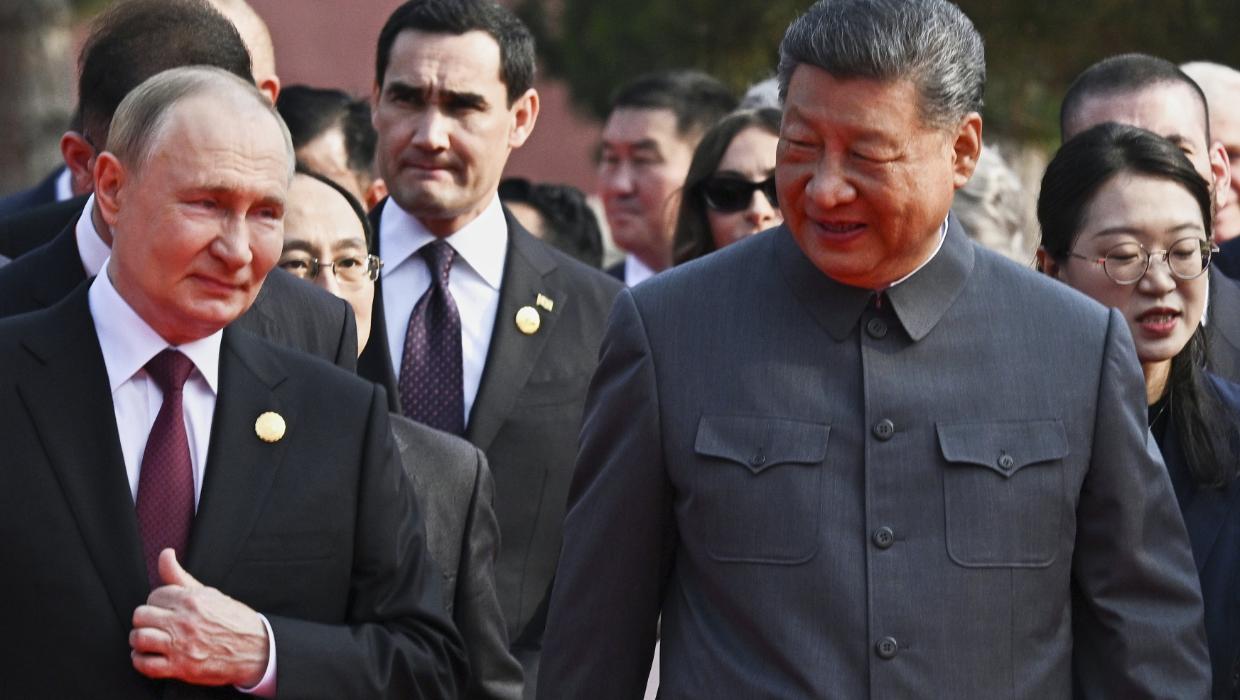Science
New Zealand’s NZ$1.7 Billion Bet on Human Longevity Sparks Debate

A staggering NZ$1.7 billion is at stake as scientists and researchers explore the possibility of extending human life to an unprecedented age of 150 years. This ambitious goal has ignited a global conversation about the future of medicine, particularly in the realm of organ and tissue transplantation. While significant strides have been made in these areas, the brain remains a notable exception.
Advancements in medical science have led to remarkable improvements in organ transplantation, allowing many individuals to receive life-saving procedures. However, the complexities of brain health and the challenges associated with its transplantation have left a critical gap in the pursuit of longevity. As researchers delve deeper into the biological underpinnings of aging, the question of whether humans can truly live to 150 years becomes increasingly relevant.
Exploring the Limits of Longevity
The NZ$1.7 billion wager reflects a growing interest in longevity research and the potential for groundbreaking medical advancements. Innovative therapies and technologies are being developed, aiming to not only extend lifespan but also improve the quality of life for aging populations. Prominent figures in the field are advocating for increased investment in research that targets the aging process at a cellular level.
Organizations such as the World Health Organization emphasize that understanding aging is essential for future health care systems. With global populations aging rapidly, the implications of such research could be profound, affecting everything from healthcare costs to social structures.
As scientists continue to push the boundaries of what is possible, ethical considerations arise. The prospect of living to 150 raises questions about resource allocation, quality of life, and the societal impact of a significantly older population. Researchers must navigate these complexities while striving to unlock the secrets of longevity.
The Role of Technology in Longevity
Technological innovations are playing a pivotal role in the quest for extended human life. From genetic engineering to regenerative medicine, new approaches are being explored that may one day allow for the reversal of age-related decline. These initiatives could pave the way for improved organ function and even the potential for brain health interventions.
Despite the promising developments, many challenges remain. The intricacies of the human body, particularly the brain, require extensive research and understanding. As the scientific community continues to investigate the mechanisms of aging, collaboration across disciplines will be crucial in unraveling the mysteries of longevity.
The NZ$1.7 billion wager encapsulates both hope and caution. While the desire to extend human life is compelling, it is essential to approach this field with a balanced perspective. As advancements in medicine and technology continue to evolve, the future of human longevity holds both excitement and uncertainty.
In conclusion, the significant financial backing for research into extending human lifespan underscores the urgency and importance of this field. As researchers strive to answer the question of whether humans can live to 150, the implications for society, healthcare, and ethics will undoubtedly resonate for generations to come.
-

 World4 months ago
World4 months agoTest Your Knowledge: Take the Herald’s Afternoon Quiz Today
-

 Sports5 months ago
Sports5 months agoPM Faces Backlash from Fans During Netball Trophy Ceremony
-

 Lifestyle5 months ago
Lifestyle5 months agoDunedin Designers Win Top Award at Hokonui Fashion Event
-

 Entertainment5 months ago
Entertainment5 months agoExperience the Excitement of ‘Chief of War’ in Oʻahu
-

 Sports5 months ago
Sports5 months agoLiam Lawson Launches New Era for Racing Bulls with Strong Start
-

 Top Stories2 weeks ago
Top Stories2 weeks agoTongan Star Eli Katoa Shares Recovery Update After Surgery
-

 World5 months ago
World5 months agoCoalition Forms to Preserve Māori Wards in Hawke’s Bay
-

 Health5 months ago
Health5 months agoWalking Faster Offers Major Health Benefits for Older Adults
-

 Lifestyle5 months ago
Lifestyle5 months agoDisney Fan Reveals Dress Code Tips for Park Visitors
-

 Politics5 months ago
Politics5 months agoScots Rally with Humor and Music to Protest Trump’s Visit
-

 Top Stories5 months ago
Top Stories5 months agoUK and India Finalize Trade Deal to Boost Economic Ties
-

 Health3 months ago
Health3 months agoRadio Host Jay-Jay Feeney’s Partner Secures Visa to Stay in NZ









